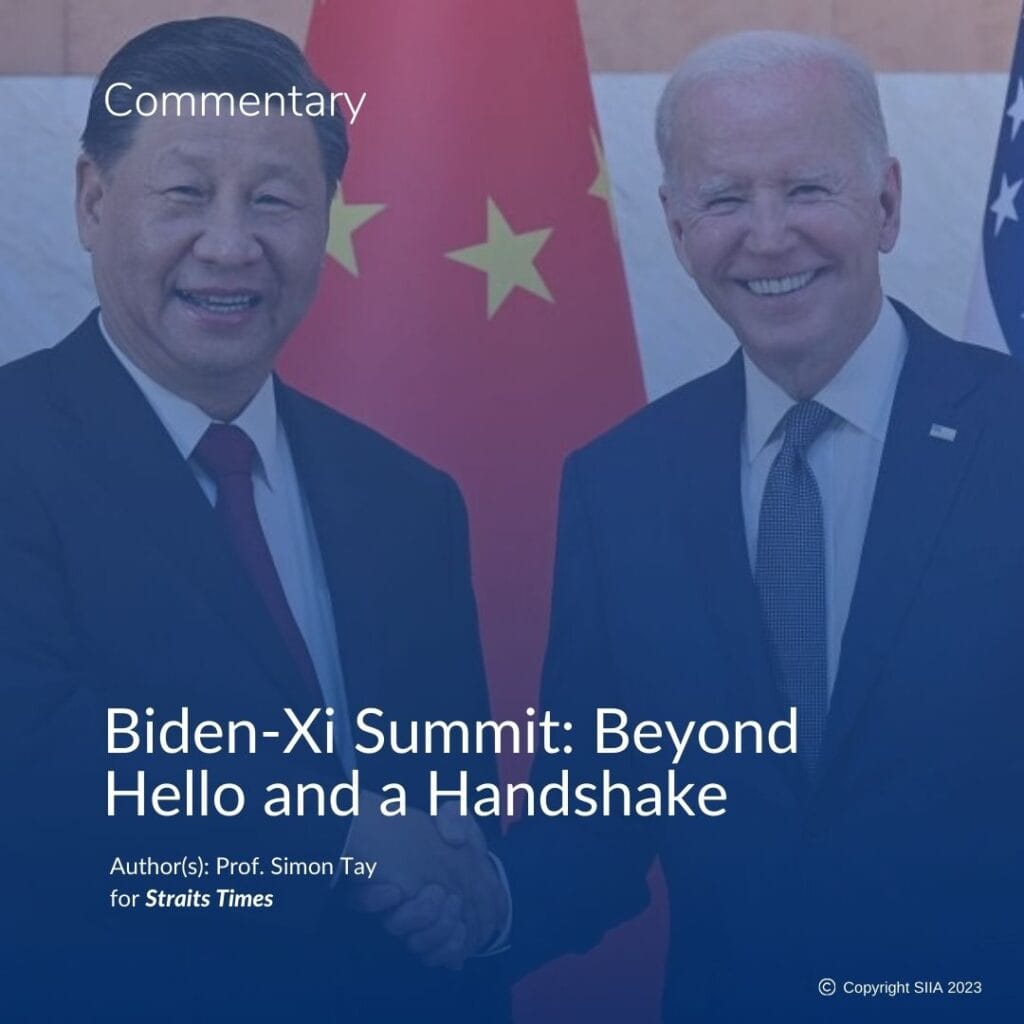By Chen Chen Lee and Erin Low
For Nikkei Asian Review
Headlines about data breaches, anti-competitive practices and fake news have turned public goodwill toward tech companies into suspicion.
This applies particularly in Asia. From the spreading of religion-based hate messages in Sri Lanka, and the role of WhatsApp in Indian lynchings, to the murder of two women passengers in China using Didi Chuxing, the ride-hailing app, Asian lawmakers face challenges protecting consumers and holding tech companies accountable.
In the west, the authorities have started to crack down hard. France, for example, used the EU’s newly-drafted General Data Privacy Rules (GDPR) in January to fine Google 50 million euros ($57 million) for not fully informing users how it collects personal information, and for failing to obtain their consent for personalized ads. Meanwhile, the U.S. Congress is drafting a data privacy law, amid widespread concern over data privacy.
The authorities in Asia are struggling to catch up, even though social media in the region often plays an even bigger role than in the west.
Full article: Handling Big Tech in ASEAN [First published in Nikkei Asian Review on 12 March 2019]




